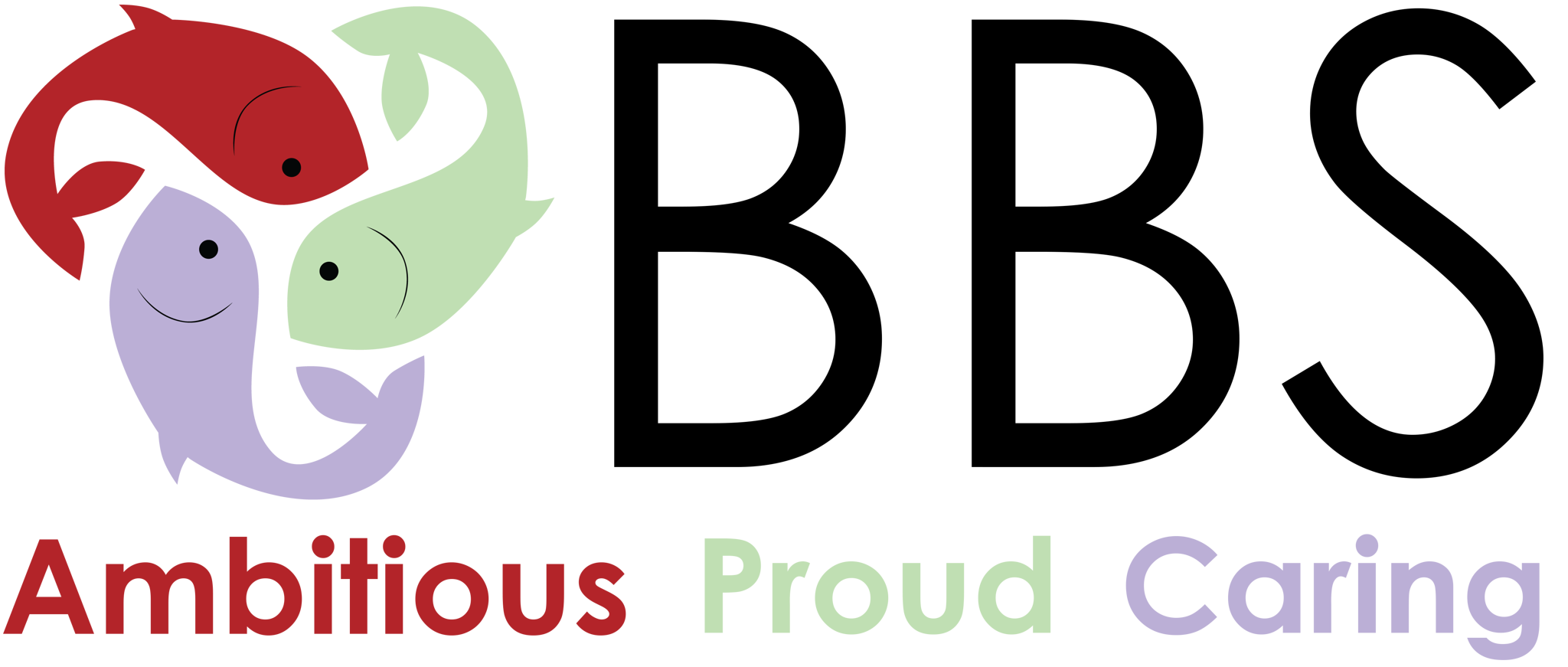|
Curriculum – Website |
|
|
Department |
|
|
KS3 Intent |
To provide students with a comprehensive understanding of historical events, figures, and developments that have shaped the world, both locally and globally, from the medieval period to the modern era. This curriculum is designed to foster critical thinking, historical inquiry, and the ability to engage with diverse perspectives, empowering students to make connections between past and present. Through this curriculum, students will: Develop a Deep Understanding of History by Engaging with key historical periods such as the medieval era, the early modern period, the industrial revolution, and the world wars, exploring significant events, movements, and figures that have influenced the development of societies, nations, and the world. Students will also Build Historical Skills, Understand Change and Continuity, Promote Cultural Awareness and Empathy; by studying diverse historical contexts and global events. The curriculum aims to inspire students to become lifelong learners, sparking curiosity about the past and encouraging them to ask questions and pursue independent research beyond the classroom. |
|
KS3 Implementation |
The curriculum is built around a broad chronological story of Britain and its relationship with the rest of the world. We begin in pre-history and end our Key Stage 3 study with the cold war and 20th century superpower politics. We believe this gives our students a coherent framework to hang their learning on and allows them to understand the progression of politics, economics and society through the ages. It also provides them with a firm basis to build their GCSE studies on. The entire curriculum is underpinned by the principle of gaining knowledge through review and layered understanding of cause and consequence. Students will develop an understanding of how the big decisions are made, based on their understanding of how people develop and prioritise their aims and intentions in life.
Our key stage three curriculum has been ordered in a chronological sequence to ensure clarity of building up the big picture. By the end of year 9 students will have an understanding of the way that Britain developed and became the nation it is today through a study of the development of our constitution and culture. Students will be able to confidently tackle the second order concepts through structured questioning and will understand how to organise and apply knowledge. Students will have embedded skills in learning and recalling information
|
|
KS3 Impact |
In lessons, progress is measured through short recall tests at the start of lessons. Checking and red pen activities in class activities and response to feedback, engagement with and successful completion of skills activities, and skilled questioning by teachers. |
|
KS3 Homework |
|
|
KS3 Enrichment |
In history we like to mark key historical events with competitions which are an opportunity for students to build on the information we provide through the pastoral team in form time and assemblies. |
|
KS3 Careers |
History GCSE is one of the most respected qualifications so can support anyone in going on to any further education. It provides students with the skills to perform academically in any subject but is particularly useful in research based subjects like history, English Literature, Philosophy sociology, law A-level. |
|
KS4 intent |
Our students will develop the their knowledge and understanding of both Britains change and continuity as well as the wider world. They will also develop their skills in critical thinking and interpretation, giving them the skills to be informed voters and motivated employers and employees. |
|
KS4 implementation |
Final assessment is by Edexcel GCSE exam which draws heavily on the ability to apply knowledge and skills to specific extended writing tasks.
Lessons at GCSE build on the skills and knowledge gained at Key Stage 3 and follow the same structure.
Intervention Takes place in face to face sessions. The face-to-face sessions are dedicated to developing skills in tackling the application of the knowledge to exam style questions or to reviewing knowledge. Targeted intervention focussing on the skills needed to support success in the exam series and improve weaker areas, |
|
KS4 Impact |
Our GCSE students leave with a highly valued qualification and an understanding of Britain’s relationship with the world.
|
|
KS4 Homework |
We set weekly quizzes at Keystage 4 to support with key knowledge recall in preparation for the exams. This builds on the recall done in lessons. There is an extra layer of exam style questions to build confidence in different skills required in extended writing for the exams. |
|
KS4 Enrichment |
|
|
KS4 Careers |
History GCSE is one of the most respected qualifications and can support anyone in going on to any further education. It provides students with the skills to perform academically in any subject but is particularly useful in research based subjects like history, English Literature, Philosophy sociology, law A-level. The nature of our broad and inclusive curriculum means that our students embark on their post-16 studies with an excellent understanding of the world around them |
